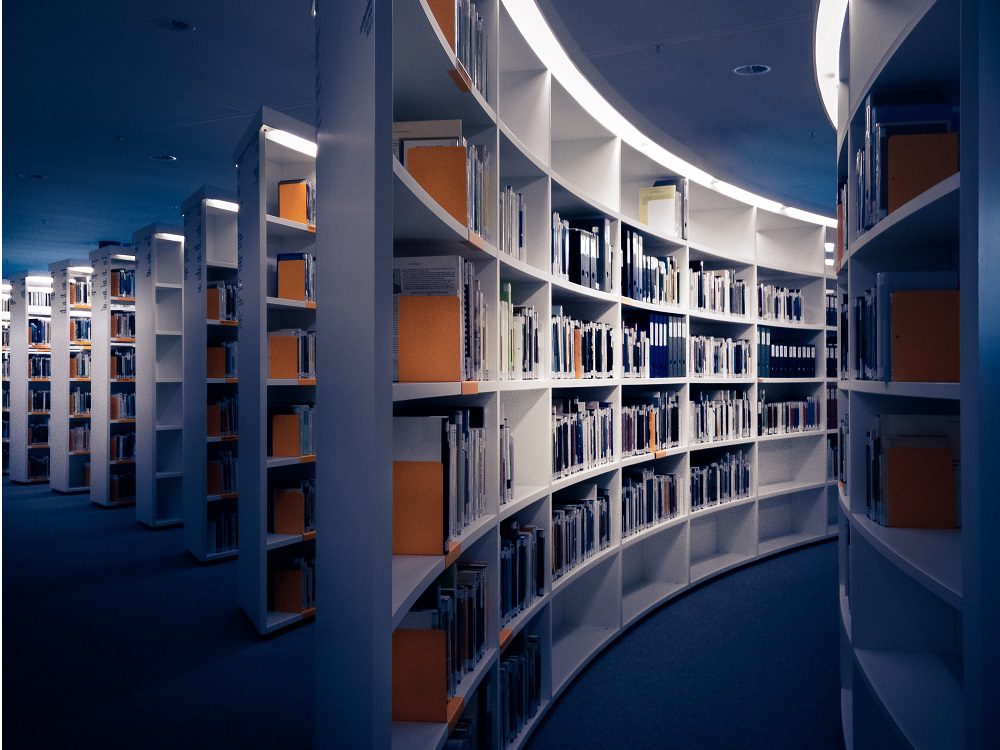
Imagine a world where every child in your Primary classroom is the proud owner and reasonably competent user of a smart phone. Perhaps in your school this is already true. Ignoring for the moment the full potential of this situation, including the use of the internet and social media for learning, this research focuses on […]

Denbigh High School’s vision statement is “high achievement for all is our shared responsibility.” Part of the Chiltern Learning Trust and located in Luton, the school serves one of the most socio-economically deprived areas and communities in the region, yet the pupils make outstanding progress and reach exceptionally high levels of attainment in relation to […]

Professional ownership and management of change One of the recommended long-term strategies to ensure the retention of teachers is to provide engaging and effective continuing professional development programmes (Preston, 2004; Younie, 2006; Davis et al., 2009; Pachler et al., 2011; Leask and Younie, 2013). However, releasing teachers from the classroom to undertake CPD is problematic […]

This article will explore the benefits and limitations of using iPad technology in lessons, through the lens of a historical example that could easily be transferred to examples in other subjects. It focuses specifically on the use of a presentation application called Prezi; although there are many ways in which iPad technology can be used […]

Much of the discussion surrounding digital games tends to focus on the possible negative aspects, including children and young people spending too much time playing games, and violent video games leading to violent behaviours in real life. Actually, the evidence about the latter is mixed, with research often showing short-term effects on behaviour rather than […]

Reading should be a joy at any age, but it can be so much more for children. It can help improve reading attainment, writing proficiency, text comprehension, grammatical awareness and vocabulary development, but young readers can also broaden their general knowledge, gain a better understanding of other cultures, and a deeper insight into human nature. […]

While studying for my professional doctorate in education, I found myself reading Michel Foucault’s Of Other Spaces, in which he presents what he calls ‘heterotopias’ – spaces that exist parallel to mainstream social spaces (Foucault , 1984). I couldn’t help but see in this description a framework for describing #EduTwitter, a space in which teachers […]

The high impact of effective feedback on learning is consistently emphasised in educational research (Hattie , 2009), yet providing pupils with timely, personalised and accurate feedback on a consistent basis is time-consuming. Fifty-three per cent of teachers responding to the Workload Challenge cited the detail and frequency of written marking required by their schools as […]

The need for secondary school students to understand how to research and get the most from the huge array of resources and data available to them is clear to many teachers and librarians. The quantity of information readily available is enormous but it is our job to teach students to find quality information and use […]

In 2018, Secretary of State for Education Damian Hinds issued a challenge to the education technology industry to help solve some of the most pressing problems facing education. The issues he outlined included developing more inclusive teaching practices and improving access to flexible teacher professional development, as well as improving assessment and providing support to […]

The project: Digitalised Dialogues Across the Curriculum (DiDiAC) DiDiAC is an international research project that considers how a free, web-based micro-blogging tool (Talkwall, developed by the University of Oslo: talkwall.net) might mediate classroom dialogue. The project, which commenced in April 2016, is the result of a longstanding collaboration between research groups at the Department of […]

In recent years, there has been much debate about whether schools should aim to teach students generic learning skills, or whether they should focus instead on teaching subject-specific knowledge. Indeed, some have argued that ‘teaching generic skills does not work’ (Tricot and Sweller, 2014) since, in order to think critically or creatively, the most important thing is to be knowledgeable […]

Cognitive load theory (CLT) (Sweller, 1998) is a well-established framework that has attracted renewed attention due to its evidential role in the new Ofsted ‘Education inspection framework’ (Ofsted, 2019). CLT concerns the architecture of memory – how the brain processes and stores information. All conscious processing occurs in the working memory, which has limited capacity, […]

The Religious Education Council has warned that without good religious education (RE) teachers, religious discrimination could rise. Yet, 2017–18 saw a third of training places for initial teacher training in RE unfilled (Sellgren, 2018). This is perhaps symptomatic of one of the deeper problems with RE: a lack of clarity about the purpose, disciplinary methods […]

At Egerton primary school, we viewed the release of the new curriculum in 2014 as the perfect time to review our vision, curriculum design and learning culture. Governors and all stakeholders were involved in the development of the vision: Through dynamic teaching, a highly creative curriculum and supportive environment, every Egerton child gains a passion for learning. When combined with the knowledge, […]

Developments in our understanding of how three- to seven-year-olds learn mathematics have practical relevance for the mathematics we plan for in nursery, Reception and Year 1 settings. They also bring into question the current weight being attached to number and recall over other areas of mathematics in the proposed changes to the Early Learning Goals […]

Religious education (RE) has been described as ‘an uneasy coalition of several disciplines in undisciplined competition with each other’ (Chater and Erricker, 2012). It has been criticised in recent years for a lack of clear purpose, for confused and confusing curriculum design, and for a student experience identifiable by its lack of parity across the […]

The aim of our CPD packs is to support members in further exploring the themes raised in an issue of our journal, Impact. CPD packs provide guidance and resources to help facilitate staff CPD based on key articles from each issue. This pack is related to the following articles: ‘What is a ‘knowledge-rich’ curriculum?‘, written by […]

Hembree’s (1988) large and heavily cited meta-analysis of 562 studies about test anxiety found that test anxiety affects girls more than boys and can start at the ages of seven to eight years (Year 3 to Year 4). Test anxiety is a transactional construct that affects performance of working memory. One aspect of Bandura’s self-efficacy […]

The context of modern languages teaching It is easy to argue that modern language teaching in English-speaking countries is in crisis. In England, the supply of advanced-level linguists has dwindled rapidly since the 1990s, university language departments have closed and less than half of all secondary students take a language at GCSE (Tinsley and Doležal, […]


















